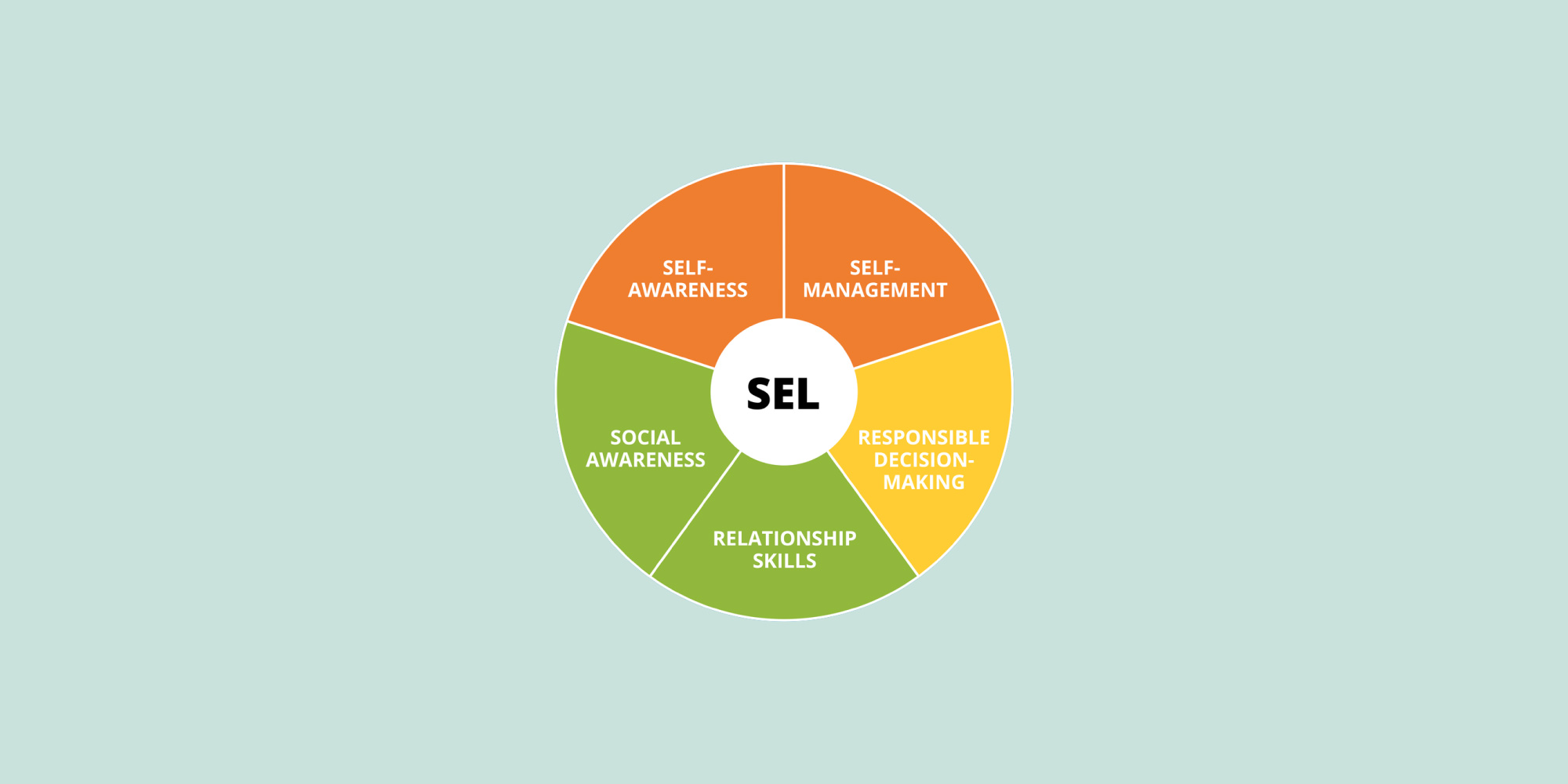
Social Emotional Learning and Behavior Expectations
An important part of growing up is learning to develop social-emotional tools to manage emotions, express needs, communicate feelings, and solve problems. Furthermore, these life skills are directly correlated to a student’s ability to access rigorous content and attain high levels of academic achievement. The adults at Piedmont Avenue Elementary use multiple methods and strategies including Positive Behavior Intervention Support and Restorative Justice (RJ) to help model these skills. Positive behavior intervention support (PBIS): All Piedmont Avenue Elementary School staff are trained in positive behavior intervention support. PBIS helps staff and students to learn the desired behaviors in the school setting through explicit instruction and positive reinforcement.
The school-wide expectations are identified as the 3 Be’s:
- Be Safe
- Be Respectful
- Be Responsible
Students are expected to Be Safe, Be Respectful and Be Responsible during any school sponsored activity, such as walking to or from school, going on field trips, waiting for school provided transportation, and waiting for transportation to and from school. Adults are expected to teach children the desired behaviors throughout the year.
What does Restorative Justice look like at Piedmont Avenue Elementary?
Piedmont Avenue Elementary staff uses restorative practices. You may see teachers having classroom circles to build community with the belief that the community helps students know and understand each other, which leads to reduced conflict. You may see adults asking students the “three questions.” What happened? Students are given time to tell their side of the story without interruption. A talking “object” may be used to give multiple students time to speak. What tools can you use right now to solve this problem?. How can we fix this problem so it doesn’t happen again? Adults and students may want to write down the agreed-upon solutions.
Consequences
PBIS and restorative justice offer strategies and tools to support students. Additionally, sometimes adults may need to address behaviors without referral to Principal Zarina Ahmad or the office using the following interventions:
- 5:1 positive reinforcement
- Buddy rooms (15 minutes max with a reflection sheet and classroom work to do)
- Behavior contract
- Conflict mediation, Restorative justice circle
- Parent consultation via phone or meeting
- Proximity of adult or seat change
- Re-teaching of desired behaviors.
Behaviors referred to Principal Ahmad or the office
Teachers are trained to identify major versus minor behavioral concerns. Children are only referred to the office if behaviors are serious or repeated. Children are denied access to learning while in the office, so the intention of all staff is to keep students in their classrooms learning as much as possible. Students are sent to the office with a discipline referral. When children are seen in the office for behavioral reasons, the principal or teacher will notify a parent. The principal and office staff will work to identify the next steps based on the history and the severity of the student’s behavior.
Suspension
There is very little research that supports suspension as an effective intervention to change negative student behaviors. In addition, time out of school leads to decreased rates in student achievement and denies children access to the curriculum. Because of this, Oakland Unified School District and Piedmont Avenue Elementary School seek alternatives to suspension whenever possible. Certain behaviors are generally a mandated in-school or out-of-school suspension with immediate referral to interventions team with parent conference.
Student behavior and confidentiality
Although school staff is always available to discuss concerns you may have about your own child, school staff is legally unable to share with parents details about other children. This includes information about the disciplinary consequences of a child who may have been involved in an incident with your child.